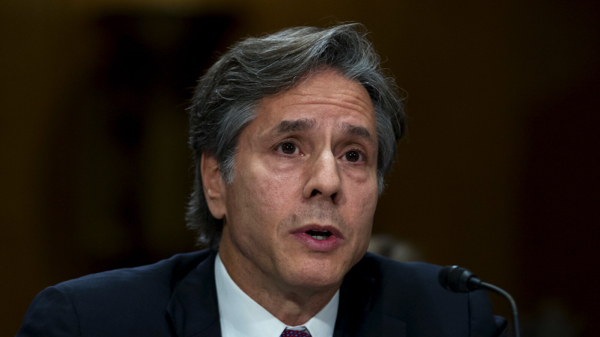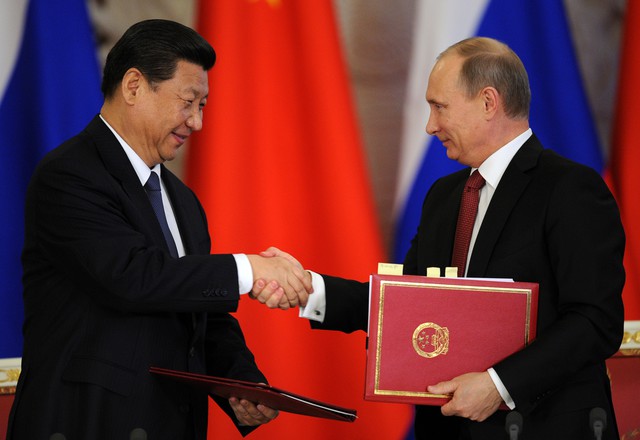
Secretary of State Antony Blinken, then a top member of Joe Biden’s presidential campaign, “set in motion” a letter signed by dozens of former security state dismissing the Hunter Biden “Laptop from Hell” story as having “all the classic earmarks of a Russian information operation”. Yet deeper questions around how the letter was placed with the media remain largely unexplored.
(Article by Jack Montgomery republished from TheNationalPulse.com)
Fake ‘Intel’.
Mike Morrell, a two-time Acting Director of the Central Intelligence Agency (CIA), told the House Judiciary Committee that he put together the letter, signed by 51 former intelligence officials including the likes of ex-communist John Brennan. The move came after a call with Blinken, with Biden heavily relying on it to blunt then-President Donald Trump’s criticism of his family’s dodgy dealings during a head-to-head debate.
“Based on Morell’s testimony, it is apparent the Biden campaign played an active role in the origins of the public statement, which had the effect of helping to suppress the Hunter Biden story and preventing American citizens from making a fully informed decision during the 2020 presidential election,” accused Jim Jordan, chairman of the House Judiciary Committee, and Michael Turner, chairman of the House Intelligence Committee, in a letter to Secretary Blinken.
“This concerted effort to minimize and suppress public dissemination of the serious allegations about the Biden family was a grave disservice to all American citizens’ informed participation in our democracy,” they complained.
But while the fact that Antony Blinken may have rustled up a gaggle of security state alumni to suppress the laptop story is disturbing, it is in some ways less interesting than the question of how their letter was planted in the media and inserted into the wider narrative around the Biden family and supposed Russian disinformation in the first place.
Enter Natasha Bertrand.
The House Judiciary Committee says Morrell “explained that the Biden campaign helped to strategize about the public release of the statement” smearing the laptop story as a Russian conspiracy. Who was the ultimate vehicle for that public release? Natasha Bertrand, who only just turned 30, who was then a national security correspondent (in her mid-twenties) for POLITICO.
The question of why the Biden campaign and its allies in the security state community chose German-owned POLITICO seems an obvious one. It lives mainly online, with little traction among the general public and even news junkies often unaware that its low-circulation print edition exists. But POLITICO has a great deal of traction among political insiders, and relies on “anonymous sources” among them for much of its reporting.
Read more at: TheNationalPulse.com
Please contact us for more information.



















